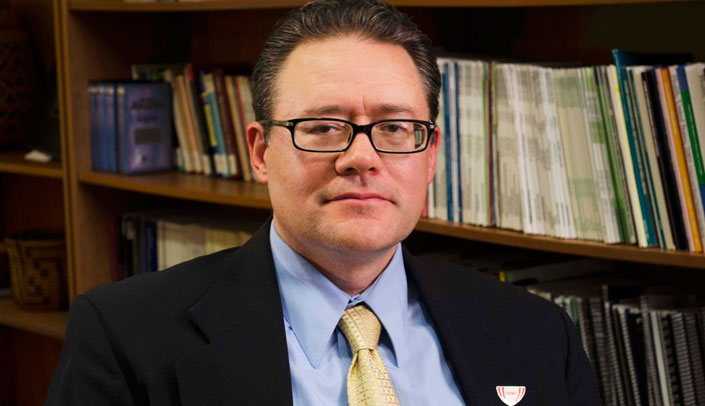For all the praise telehealth has received in providing efficient and effective access to patients who find travel difficult, are institutionalized or live in medically underserved areas, it is unclear if primary care providers are using the technology.
This was the finding of a study conducted by Fernando Wilson, Ph.D., associate professor, health services research & administration, and acting director of the College of Public Health Center for Health Policy. The study was released this week by the Health Care Cost Institute (HCCI).
Telehealth encompasses a broad variety of technologies and tactics — from telephone to remote patient monitoring — to deliver virtual medical, health and education services.
A large body of research has demonstrated the potential of telehealth technologies in increasing access to care with the same or improved patient outcomes compared to traditional in-person services.
But, it’s still relatively new. Within the past five years, there have been more than 65 state laws implemented nationwide related to delivery of telehealth-related services. Most states have implemented policies for private physicians and Medicaid programs to either facilitate reimbursement or establish guidelines for telehealth-related services and reimbursements, but none are consistent.
“These policies are all over the map,” Dr. Wilson said.
While many states permit reimbursements for telehealth services, only seven states have laws that explicitly require primary care physicians who practice telemedicine to be reimbursed at the same rate as an office visit. Analyzing private claims for more than 50 million individuals, he found that reimbursement for telehealth services is nearly 40 percent lower than for in-person visits.
“More research needs to be done. We can’t determine if providers are using telehealth, but not coding for it,” Dr. Wilson said.
Co-authors on the study are: Kate Trout and Sankeerth Rampa, graduate assistants, services research & administration, and Jim Stimpson, Ph.D., associate dean for Academic Affairs, School of Public Health, City University of New York, New York.

Congratulations, Dr. Wilson and team!